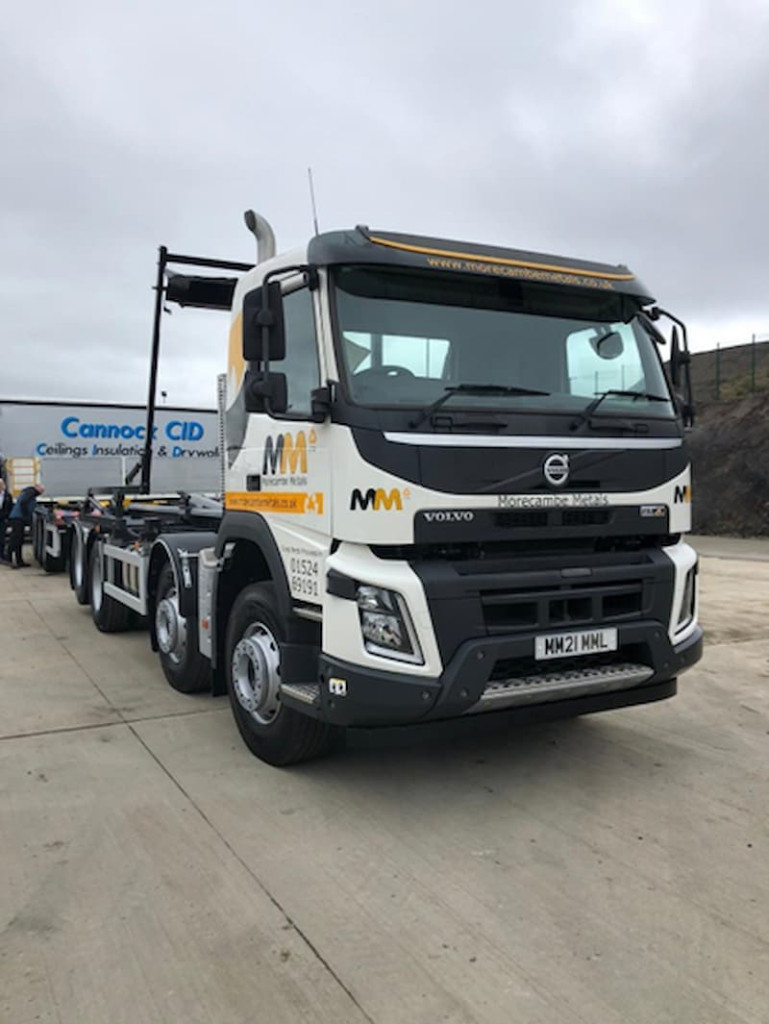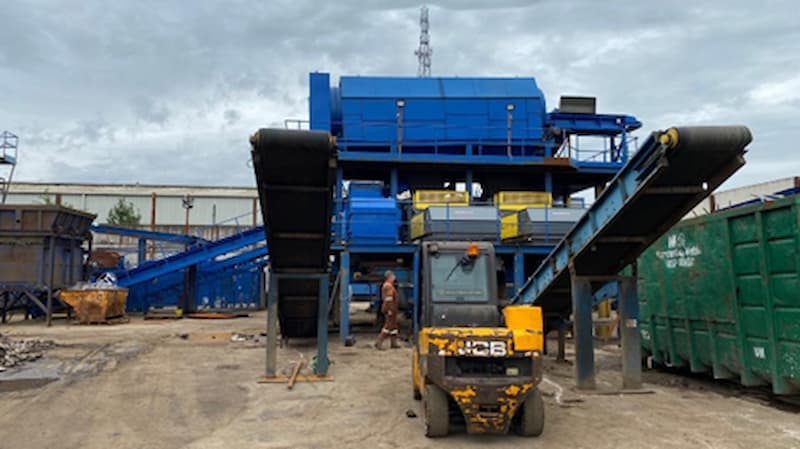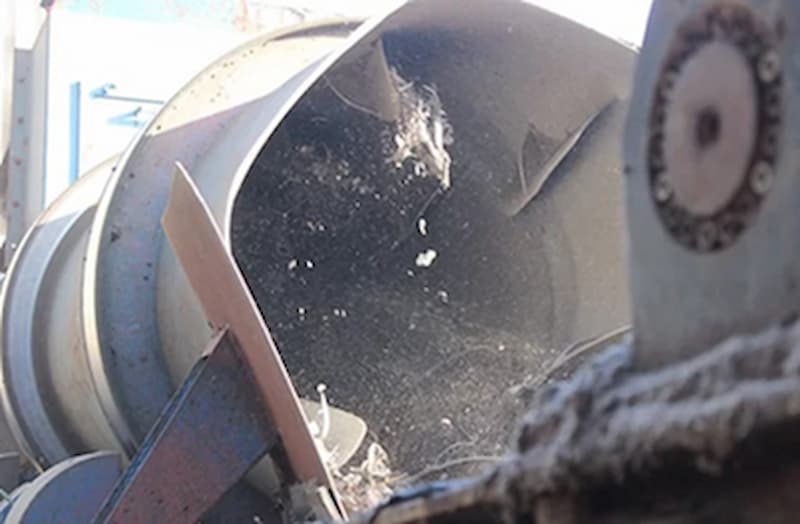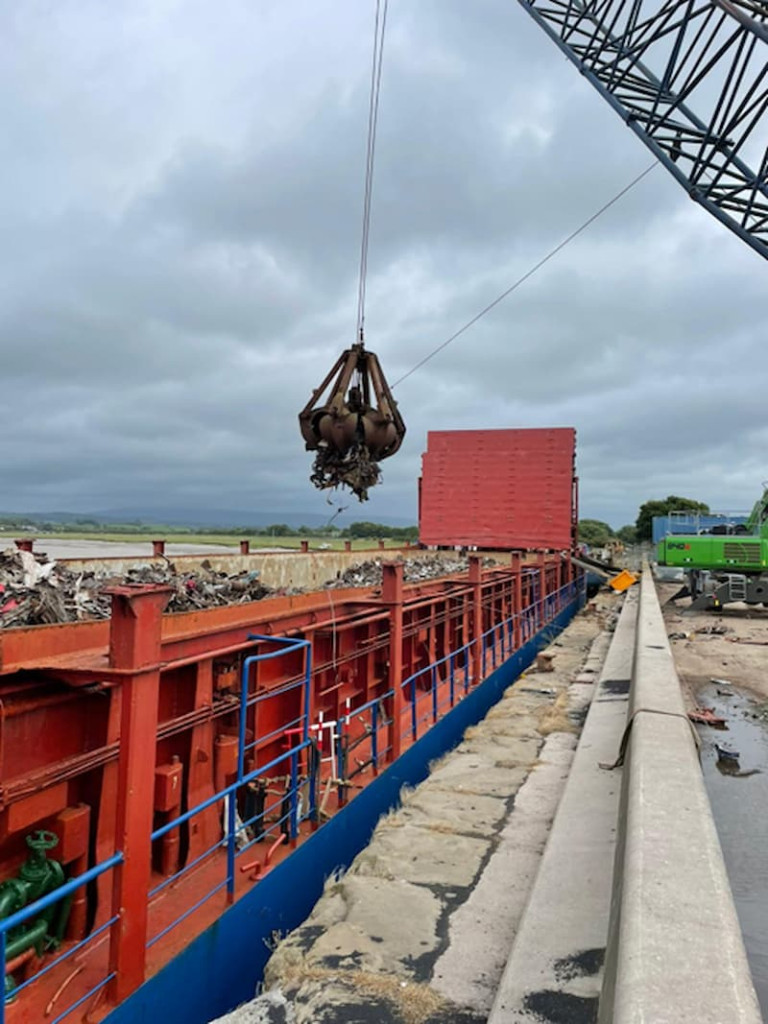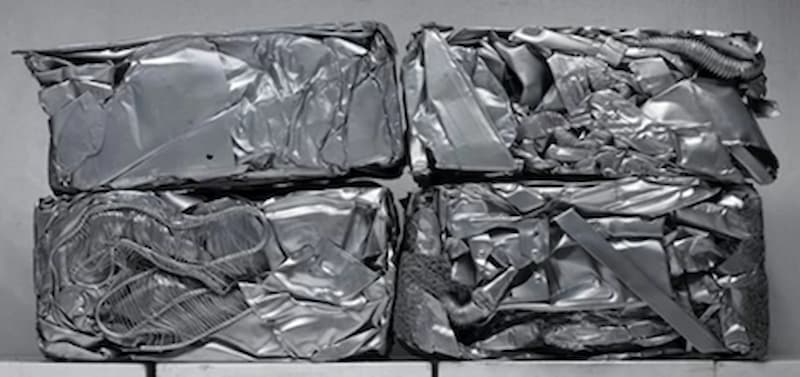Are you curious about the destiny of discarded metals? Unlike other materials, metals can be recycled almost infinitely, with little effect on its structure, making it a very sustainable material. With 35 years of experience, we contribute to a sustainable world by collecting, sorting, processing, and reclaiming metals in Lancashire and Cumbria.
Due to the limited resources of metal, ensuring we can re-coup every bit of metal is essential to extending the availability of the material, making our processes essential to the future. As a leader in scrap metal recycling, today, we’ll uncover the captivating journey of recycled metals, exploring its stages and the positive impact on our environment and society.
The Lifecycle of Recycled Metals: An Overview
The journey of scrap metal comes in various stages, each just as important as the next for a successful outcome. Whether it’s scrap metal collected in our skips or the waste from our industrial dismantling service, it all follows a strict procedure to get the most from the process.
- The first stage, collection, involves the gathering of metal scraps. We offer various options for businesses to discard their scrap metal sustainably.
- During the second stage, sorting, we employ advanced technology, specifically Eddy Current Separation. This sophisticated equipment allows us to separate ferrous and non-ferrous metals effectively.
- In the third stage, processing, the sorted metal scraps undergo shredding and shearing. These mechanical processes transform the metals into a form allowing easy reprocessing.
- Finally, in the fourth stage, reclamation occurs. At this point, the processed metals are compacted and transported responsibly to relevant facilities. Here, they await their transformation into new utilities.
The robust life cycle of recycled metals takes them from mere ‘scrap’ to an invaluable ‘resource.’
Stage One: Collection
The journey of recycled metal begins at the scrap metal collection stage. At Morecambe Metals, we pride ourselves on orchestrating an efficient and far-reaching collection service. Sprawling across the North West of England, our catchment encompasses Southern Scotland, Cumbria, Lancashire, and Cheshire—encompassing areas like Lancaster, Morecambe, Carlisle, and Preston, to name a few.
We collect metals like steel, iron, brass, copper, and many others, each destined not for a landfill but for a second lease of life. When a business reaches out for our collection services, we’ll work with them to decide the best option for collecting scrap metal. We can arrange a special collection of large amounts and even provide skip hire, giving you somewhere to gather it in one place before it needs collecting. Alternatively, you can deliver the metal yourself, reducing the cost of our services deducted from your scrap metal value.
Stage Two: Sorting
Once we have the scrap metal on our site, we advance to the second stage, a pivotal process known as sorting. Sorting is a fascinating science we can appreciate even more with technology’s assistance. We employ Eddy Current Separation, a machine that facilitates the precise segregation of metals, separating them for ferrous and non-ferrous recycling. This ingenious technology applies the principles of electromagnetism to separate metals based on their electromagnetic conduction properties.
Our Eddy Current Separation process generates an ‘eddy current’ or a flow of electrical energy. When the metal scraps pass through this current, the ferrous metals, which are magnetic (like iron and steel), react differently from the non-ferrous metals (like aluminium and copper). The eddy currents create opposing magnetic fields that push non-ferrous metals away, enabling an efficient separation. This sorting process not only streamlines the recycling process but also maximises the value of each metal piece. It guarantees quality control, ensuring that each subsequent metal batch destined for recycling is as consistent as possible.
Stage Three: Processing
We meticulously prep scrap metals for their grand transformation in the processing stage. At Morecambe Metals, we use two primary techniques to refine the sorted metals: shredding and shearing.
Our metal shredding services take larger metal pieces after being sorted by the ECS and reduce them to smaller, manageable fragments. A metal shredder is an impressive machine with a high torque low-speed mechanism tearing through ferrous and non-ferrous metals.
We use metal shearing to slice metal into evenly sized, consistent pieces for even larger pieces of scrap metal. For example, when we receive a car from our end-of-life vehicle recycling services, the larger panels must be reduced to smaller pieces before being put into the shredder.
Through a combination of shredding and shearing, the once bulky scrap piles are processed into a uniform and easily transportable form—ready to embark on their journey of revitalisation.
Stage Four: Reclamation
Our transformation journey reaches its apex at reclamation, where our processed metals are transported to achieve a new lease on life. The progression from scrap metal into items which can be used across various industries is done by melting them down, also known as fusion. This allows the metals to take a more uniform construct and often specific to the industry in which they are required.
The sheared, shredded, and sorted metal fragments are sometimes compacted using a baler. This allows the materials to become much more suitable for transporting to specialised facilities, where they have the equipment and technology to melt the metals down into a reusable form. Alternatively, we ship them in their raw state. These facilities are located worldwide, and using the Port of Lancaster at Glasson Dock, our processes have brought new life to the port whilst contributing to providing worldwide services with high-quality scrap metal.
The Future of Scrap Metal Recycling
As we glance towards the future of scrap metal recycling, it’s vital to recognise emerging technologies’ potential advancements and contributions. With the growing awareness of sustainability and implementing eco-friendly practices, recycling methods will continually evolve, becoming more efficient and optimised.
Technology innovation can be pivotal in enhancing the sorting, processing, and reclamation stages. Advancements such as AI-driven sorting systems, cutting-edge shredders, and smart recycling facilities can further improve our ability to repurpose metals, reducing waste and environmental impacts and reaffirming recycling as a core solution for a greener tomorrow.
Start your Scrap Metal Recycling Process with Morecambe Metals
Each stage—collection, sorting, processing, and reclamation—serves a crucial role in giving scrap metal a new lease of life, illustrating that with efficient systems in place, scrap is not the end but a beginning. By leveraging advanced technologies and continually refining our processes, companies like Morecambe Metals play a pivotal part in society’s quest toward a sustainable future.
Speak to our team today for all your scrap recycling needs, including non-ferrous and ferrous metal recycling. Working with your business, we can create a solution which is both cost-effective and efficient.


